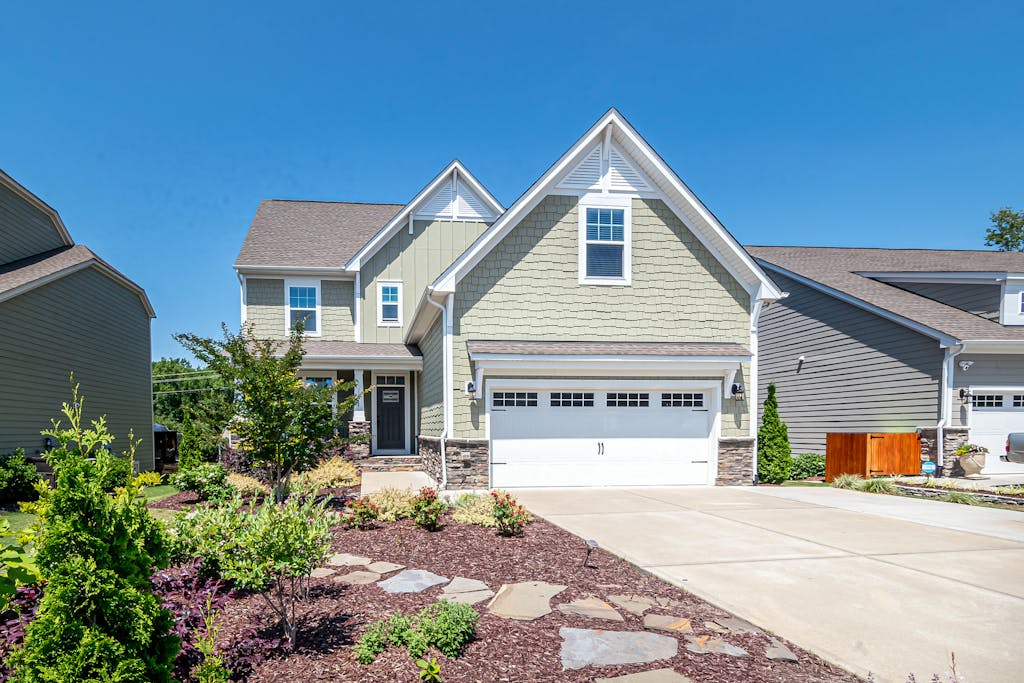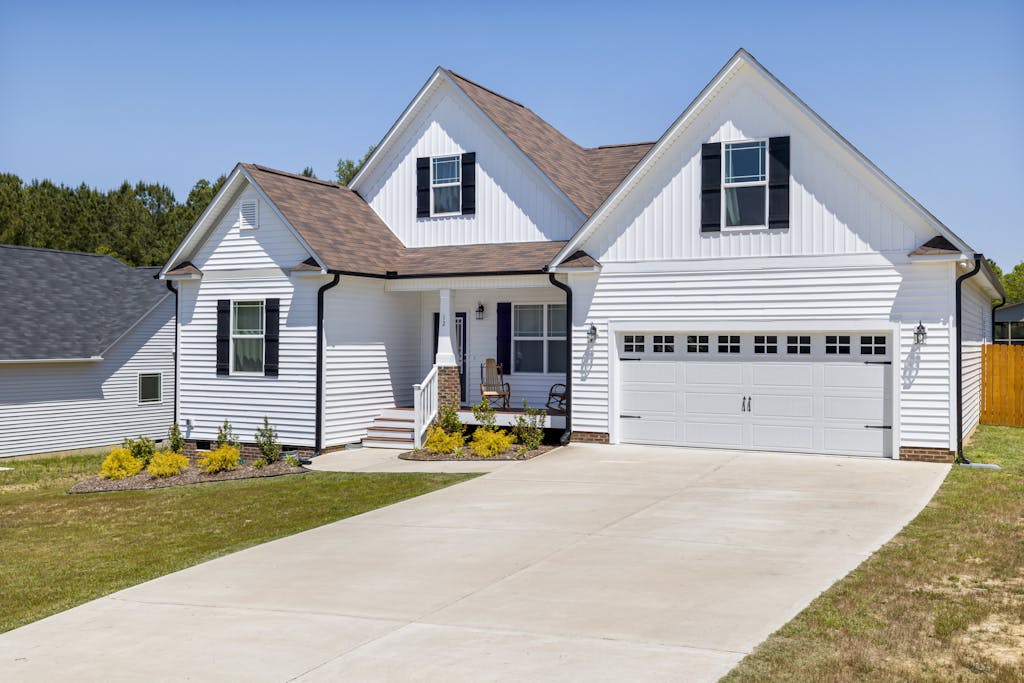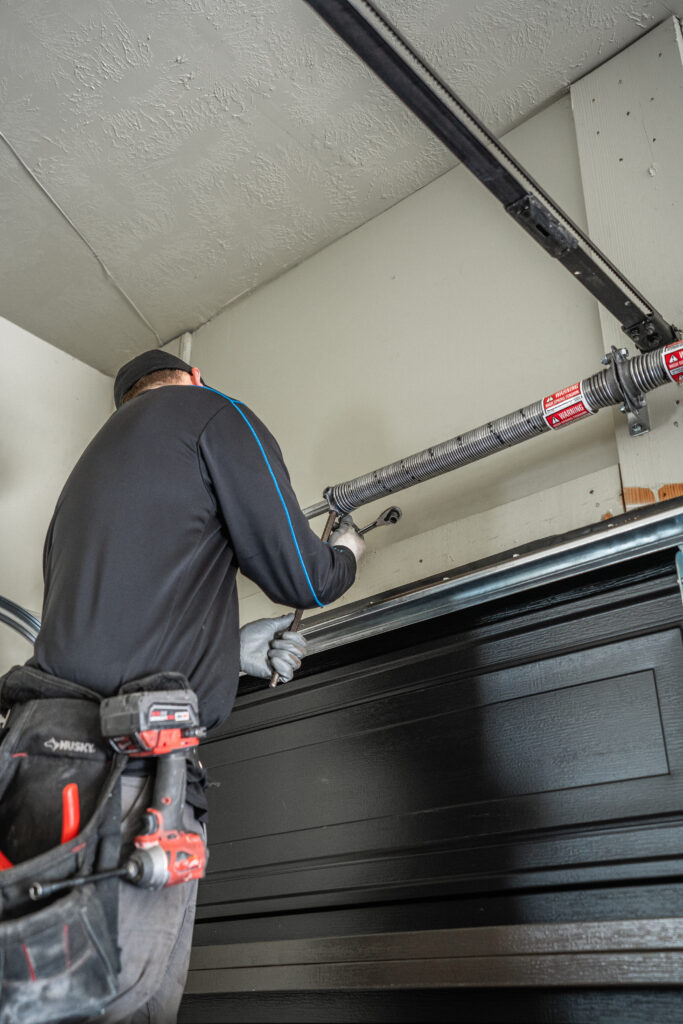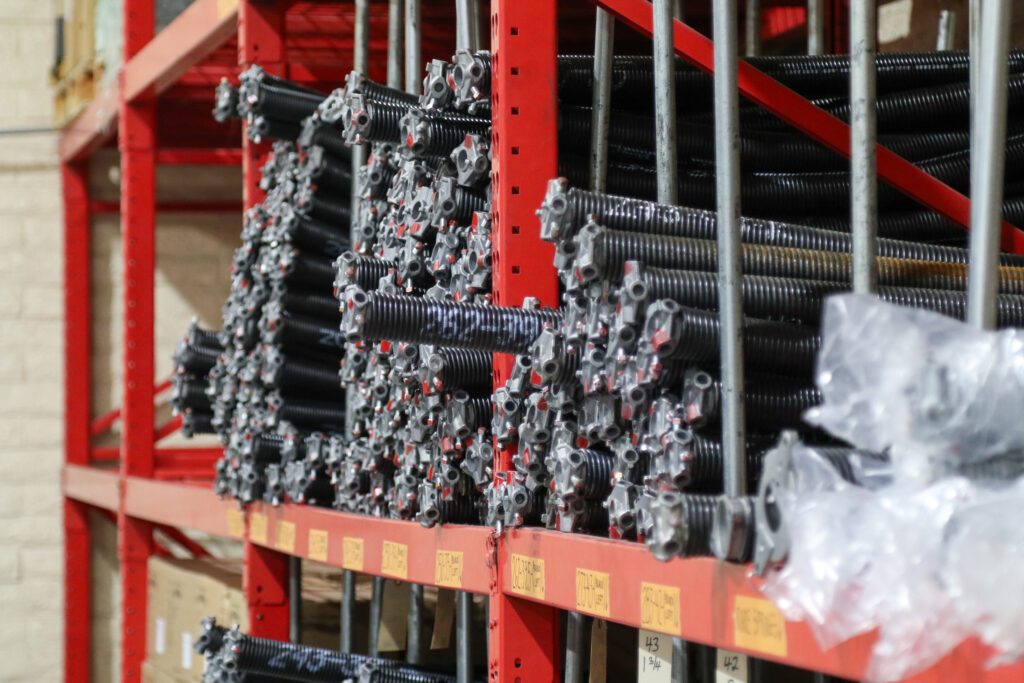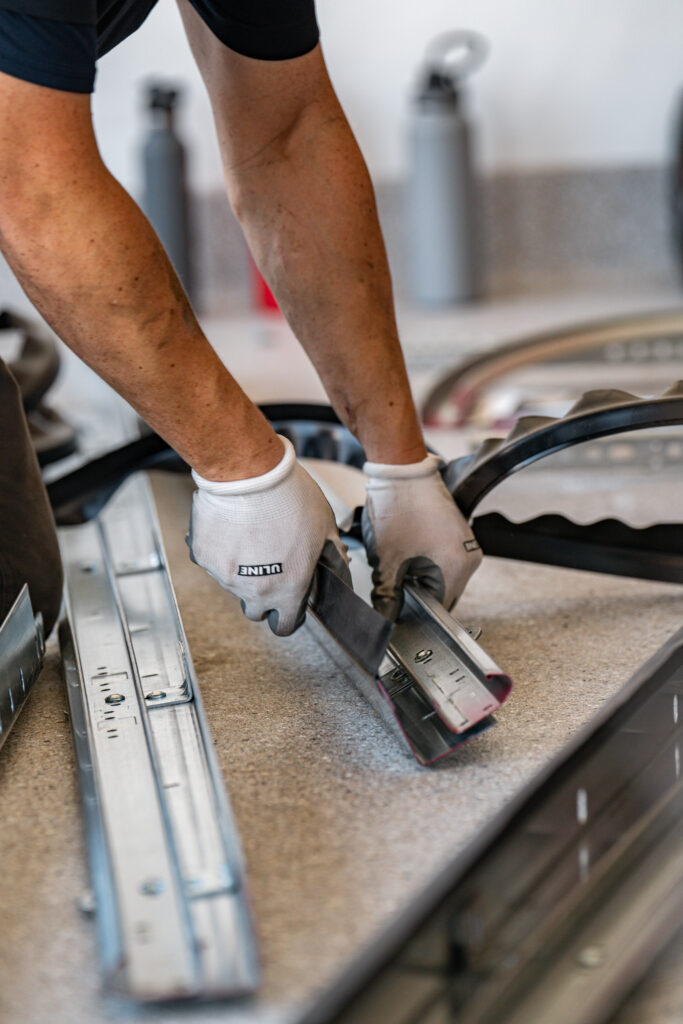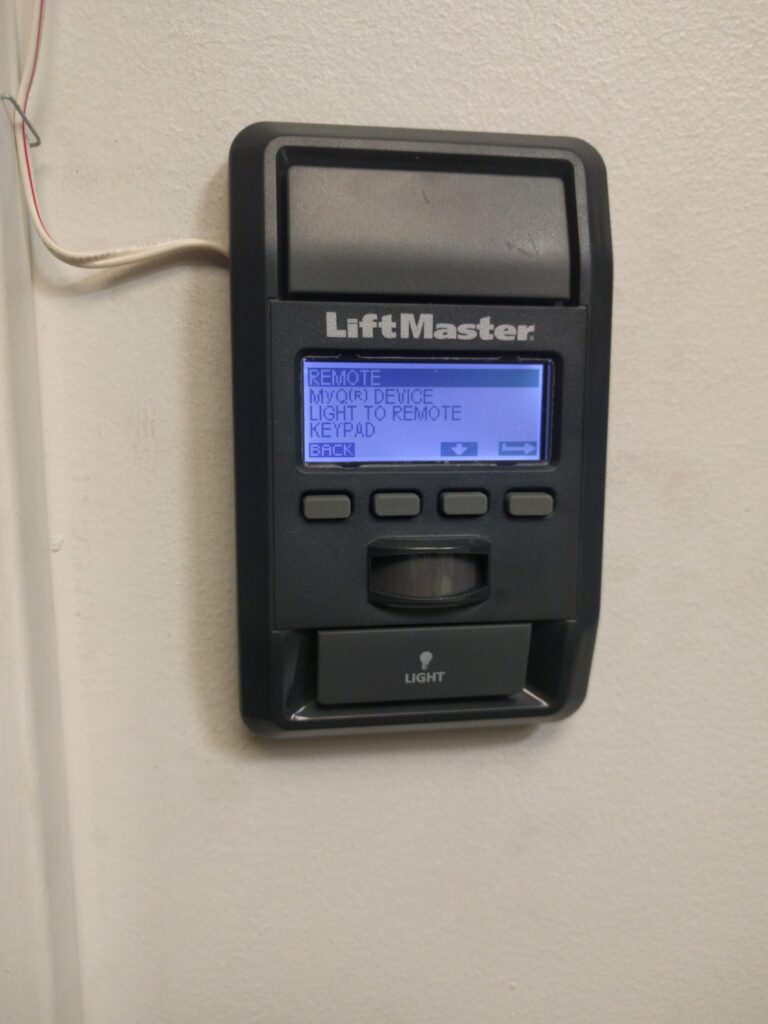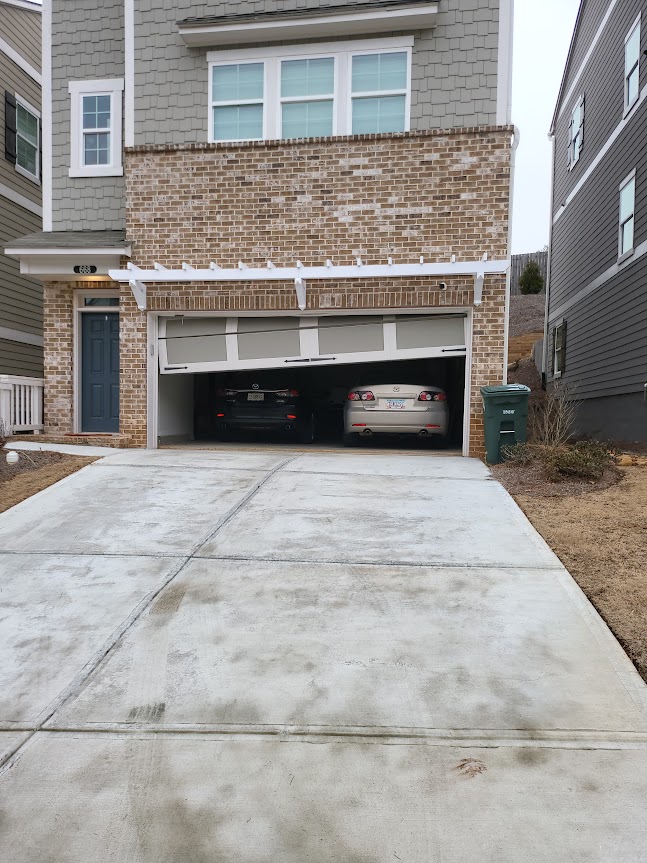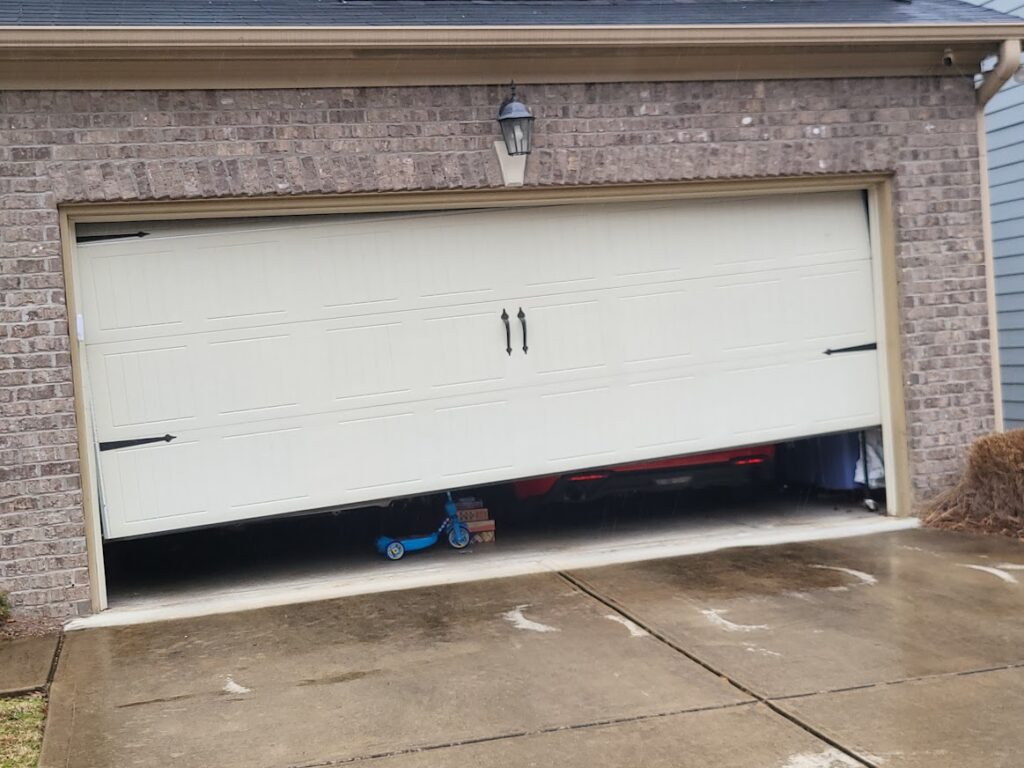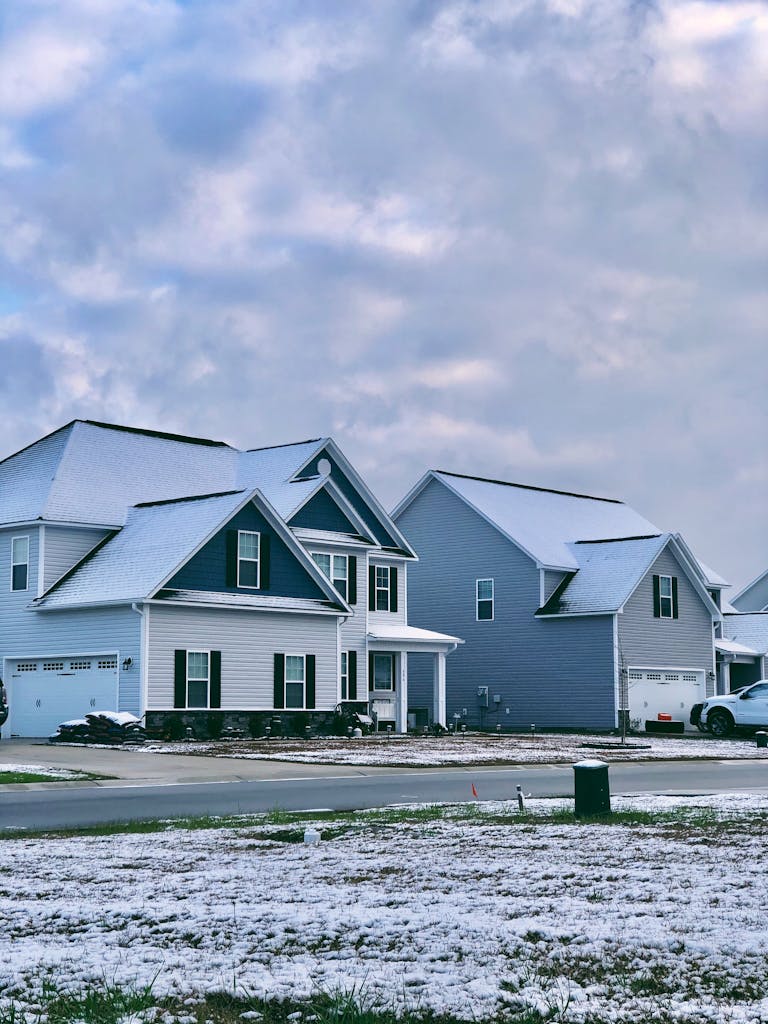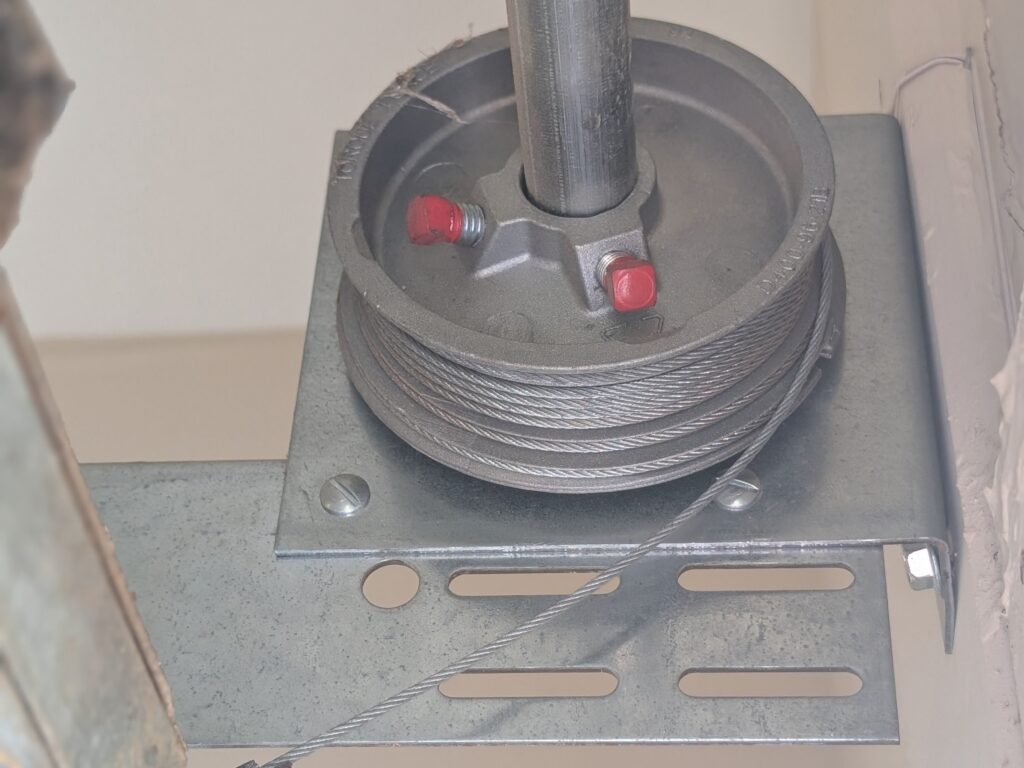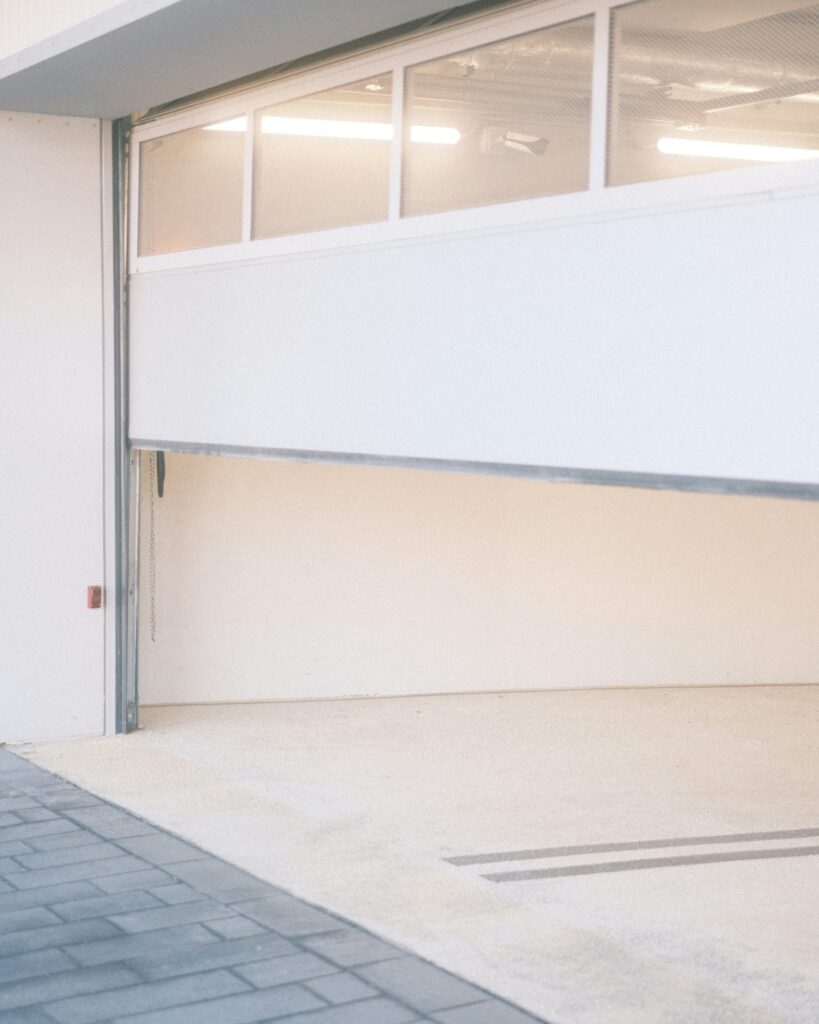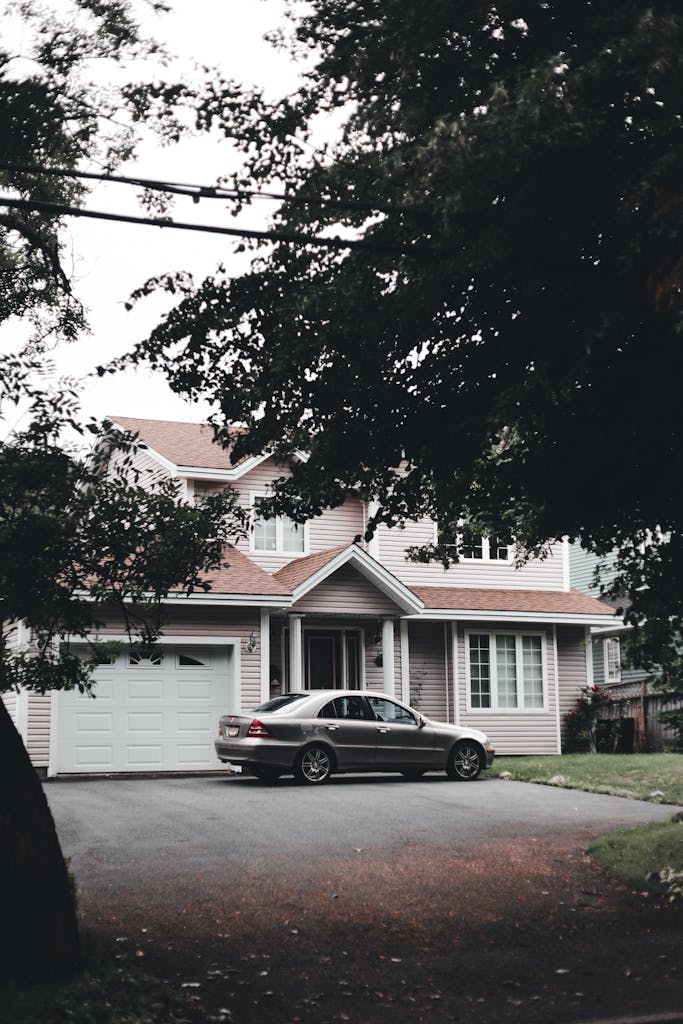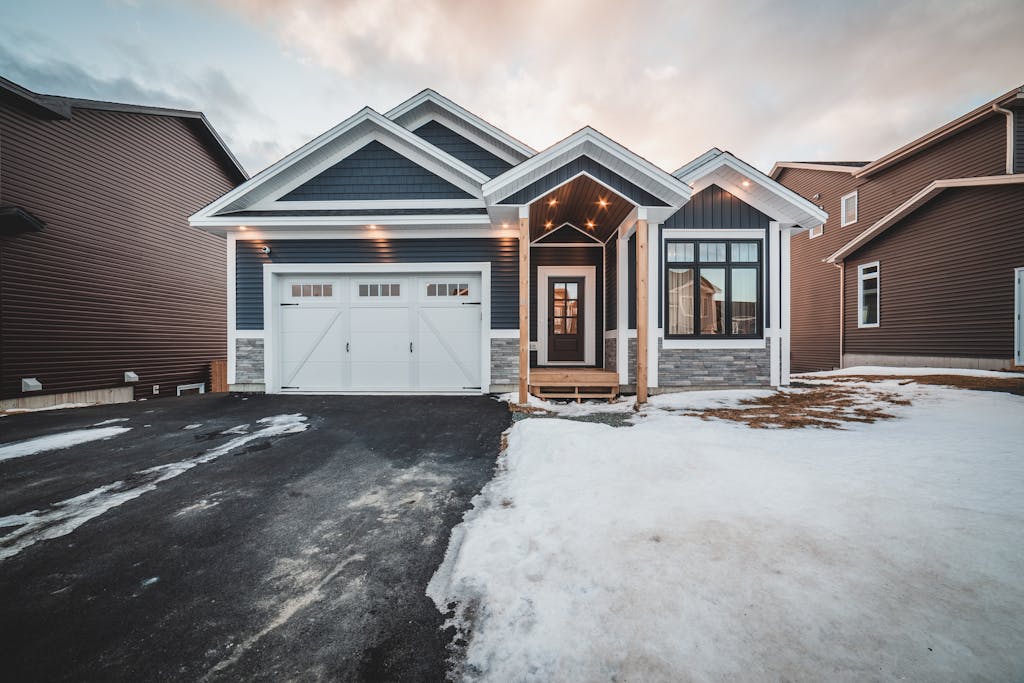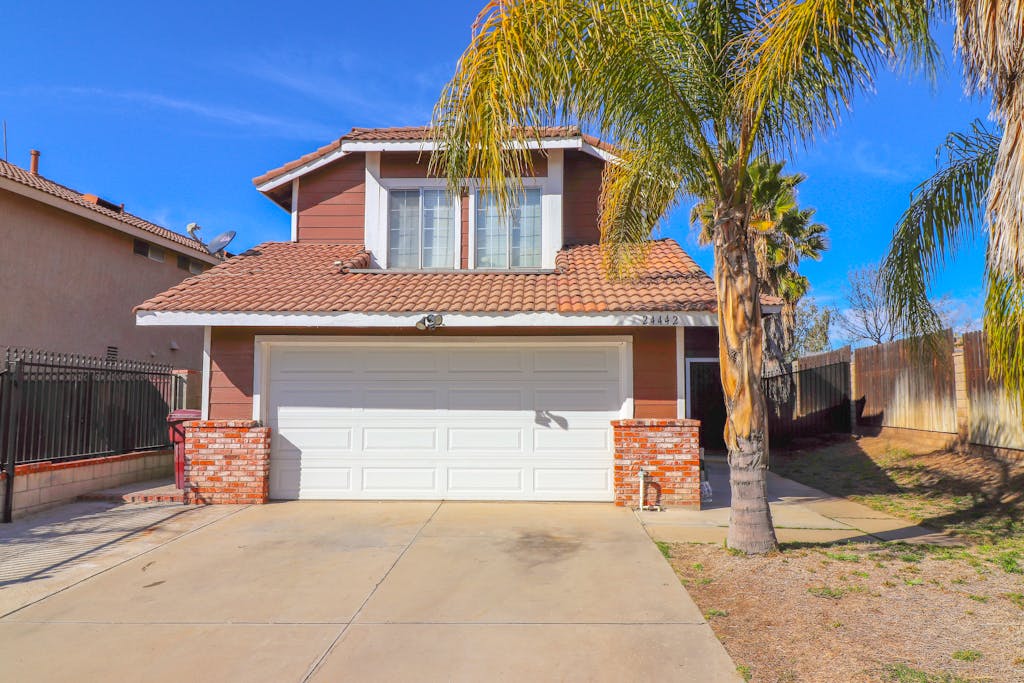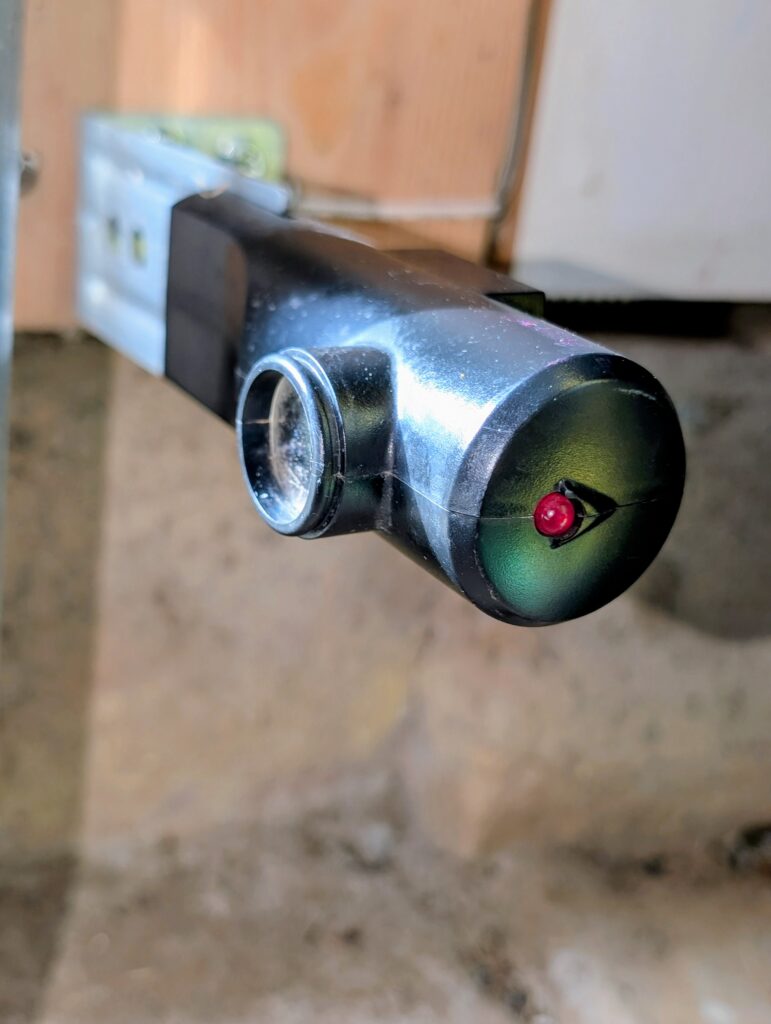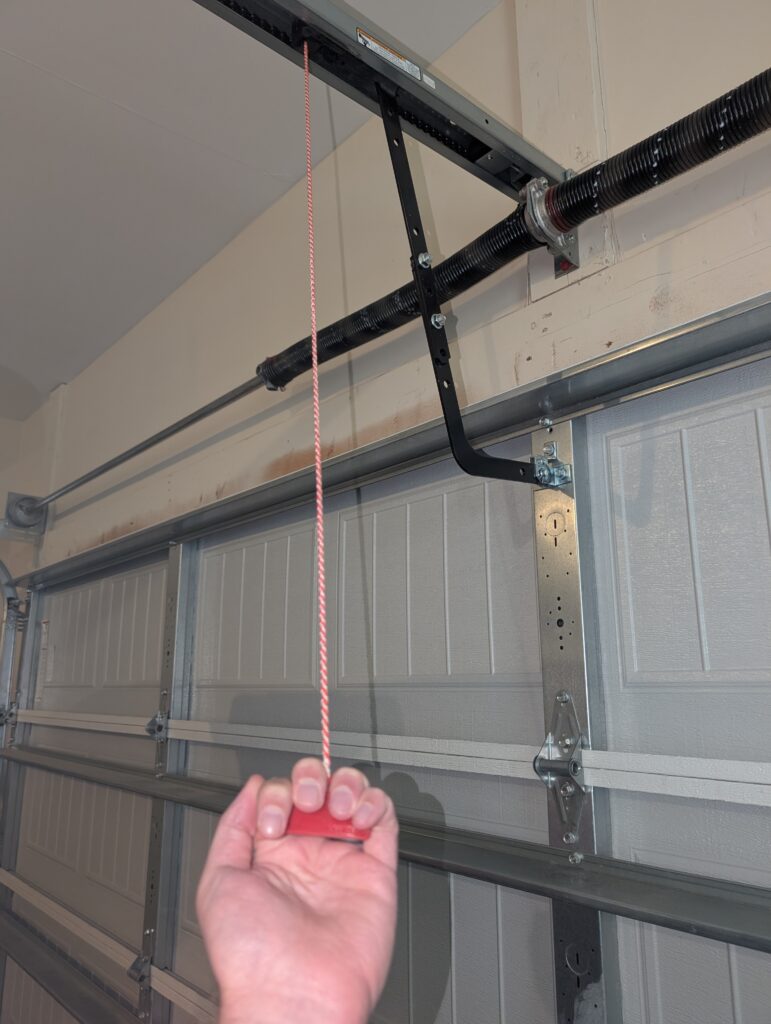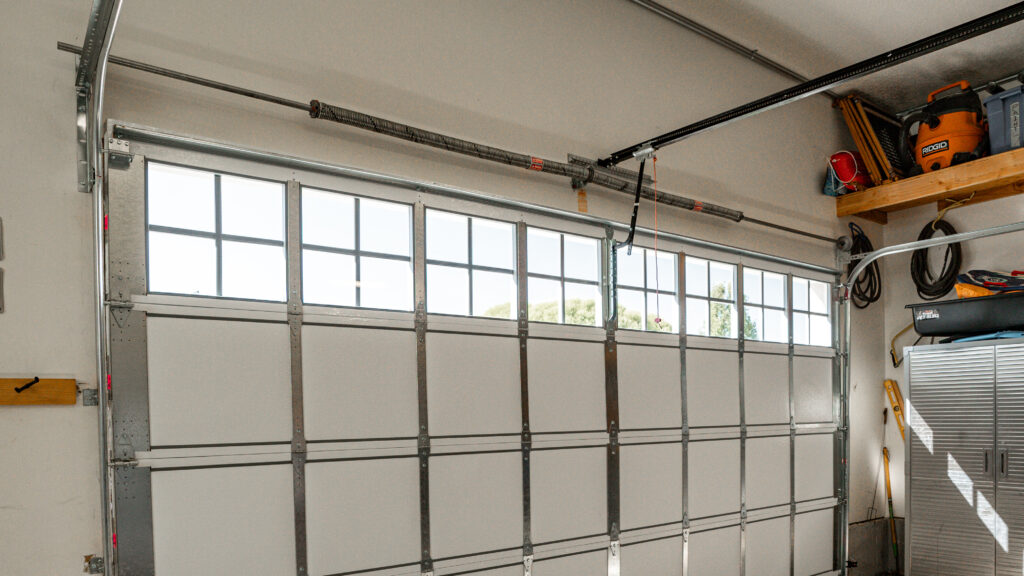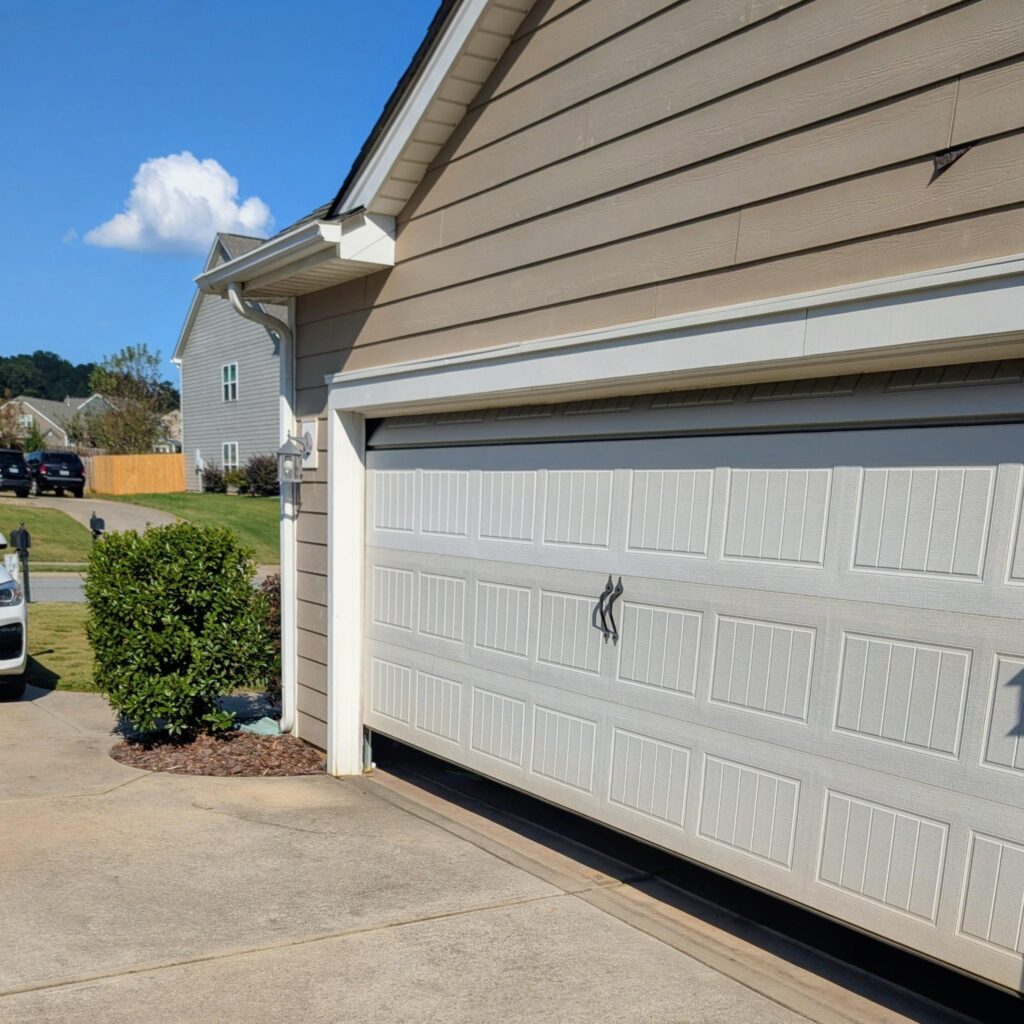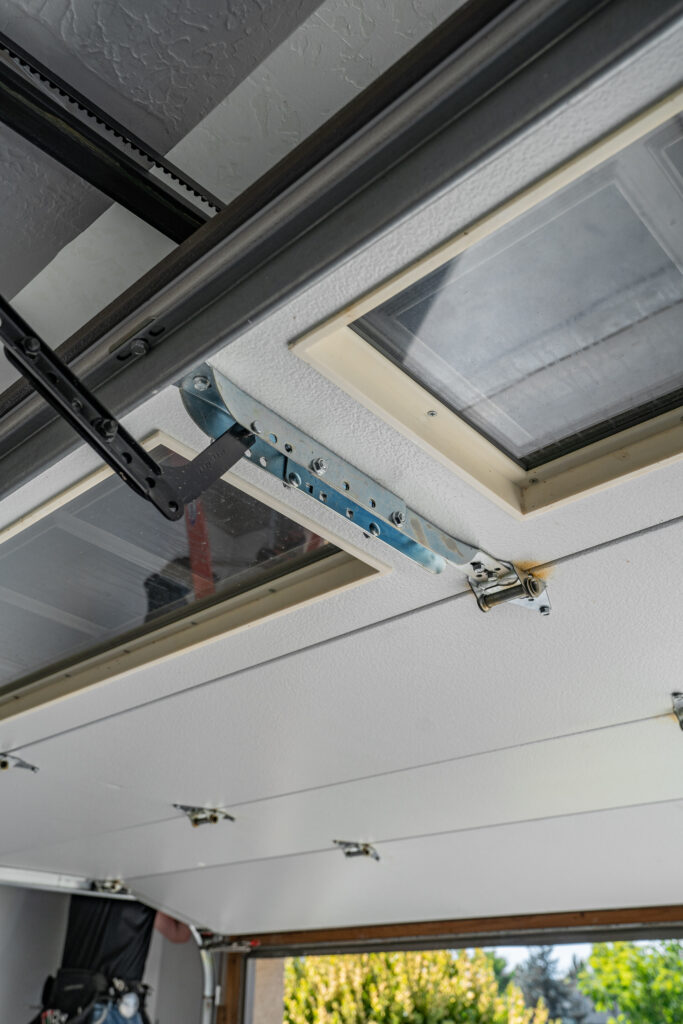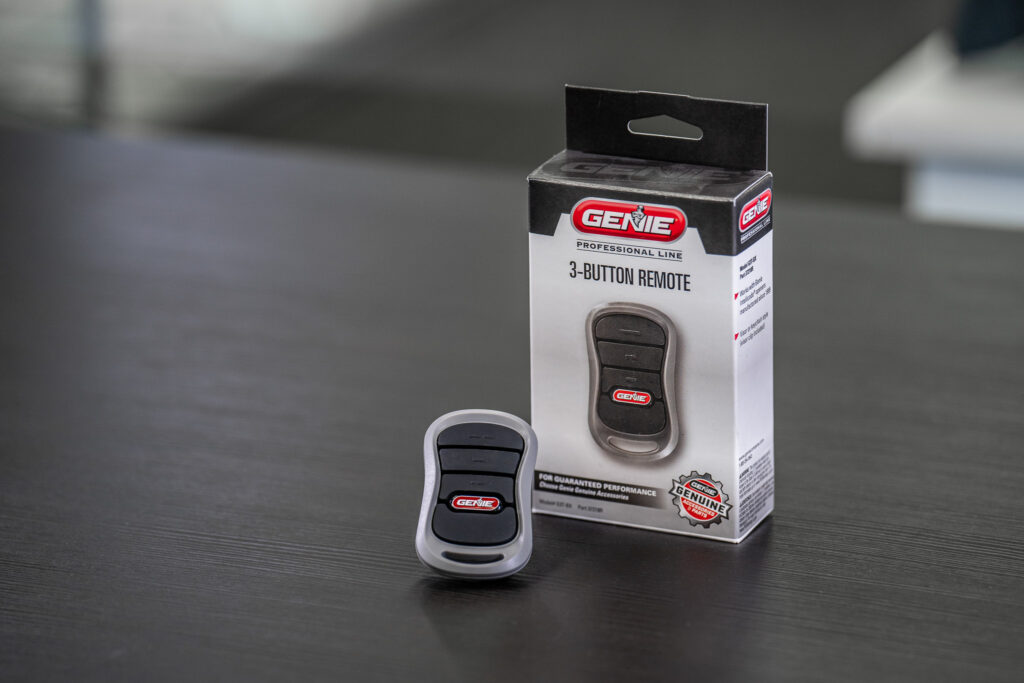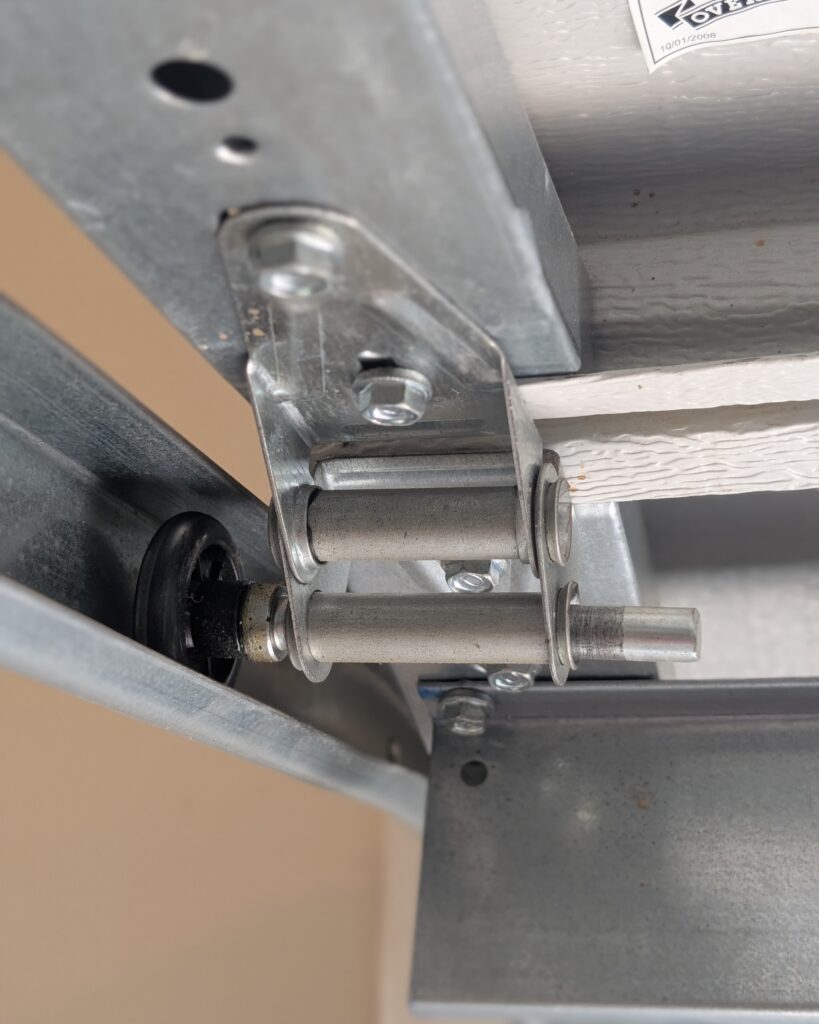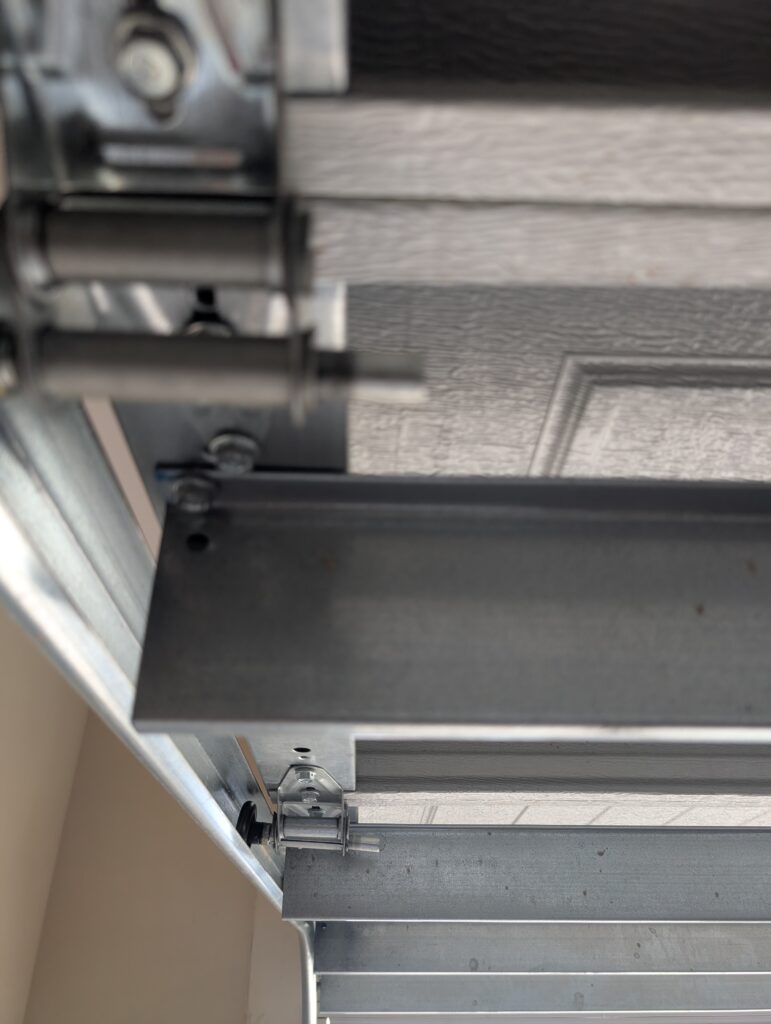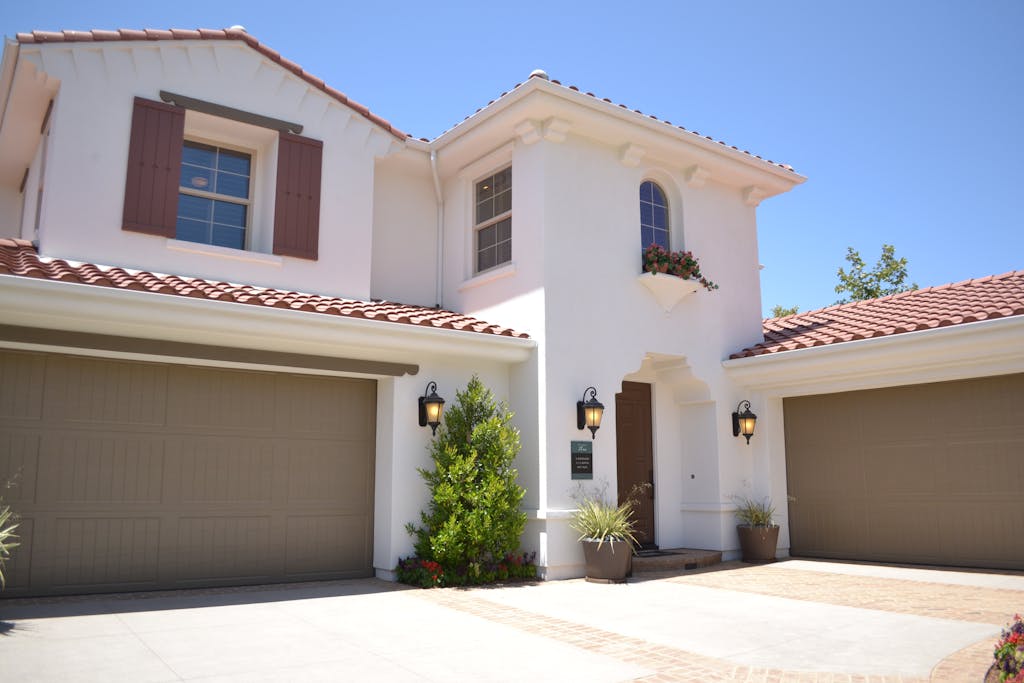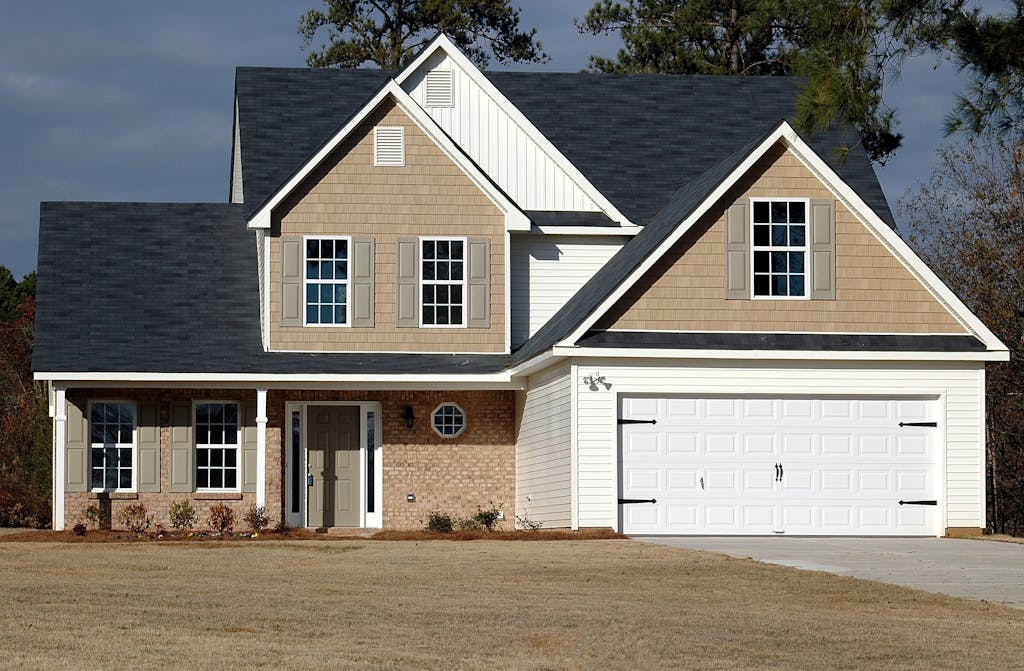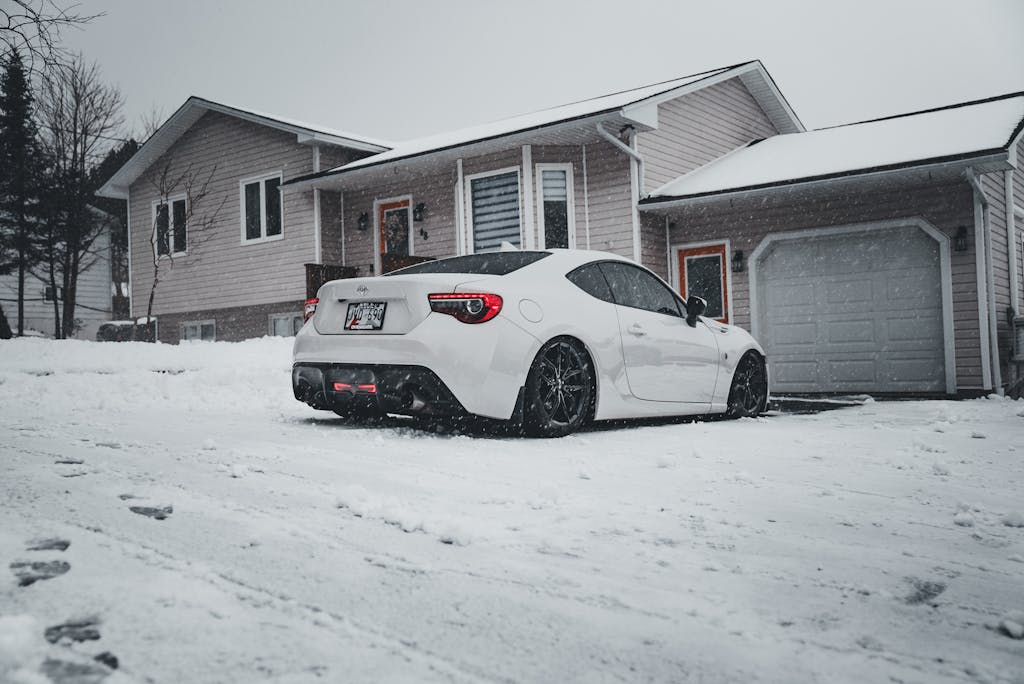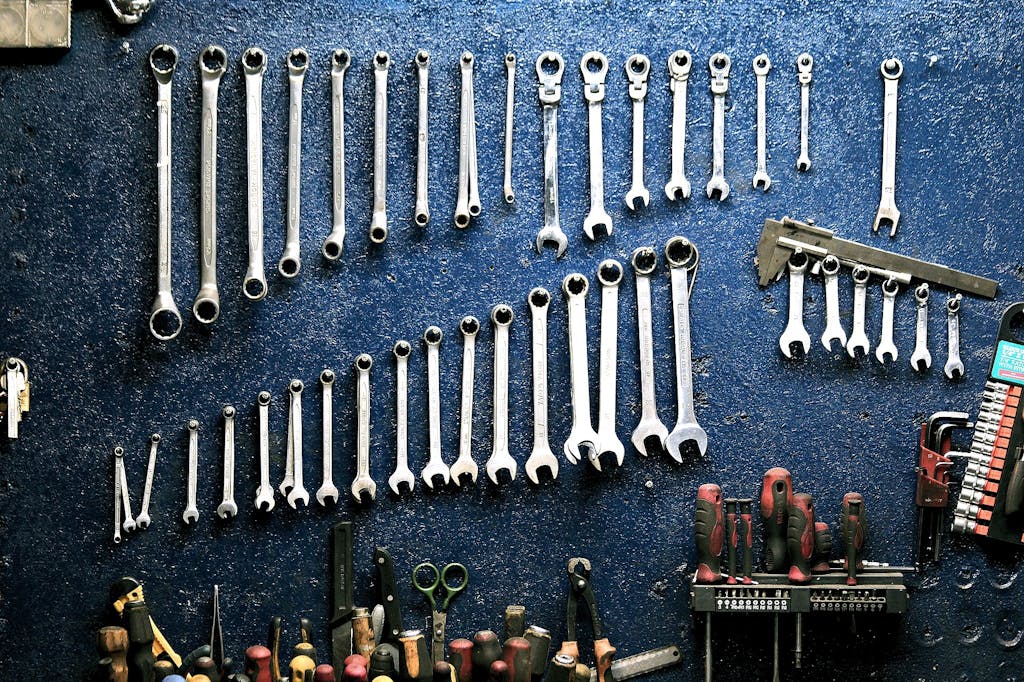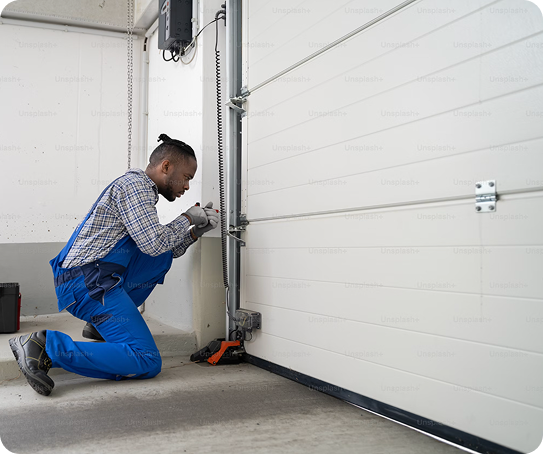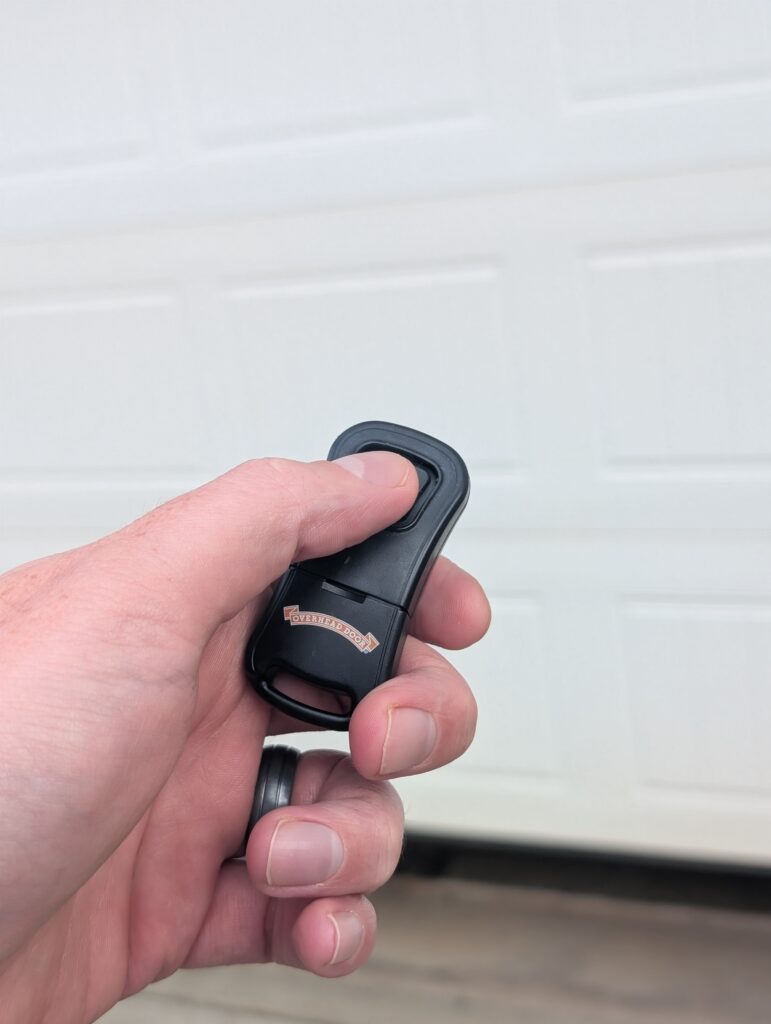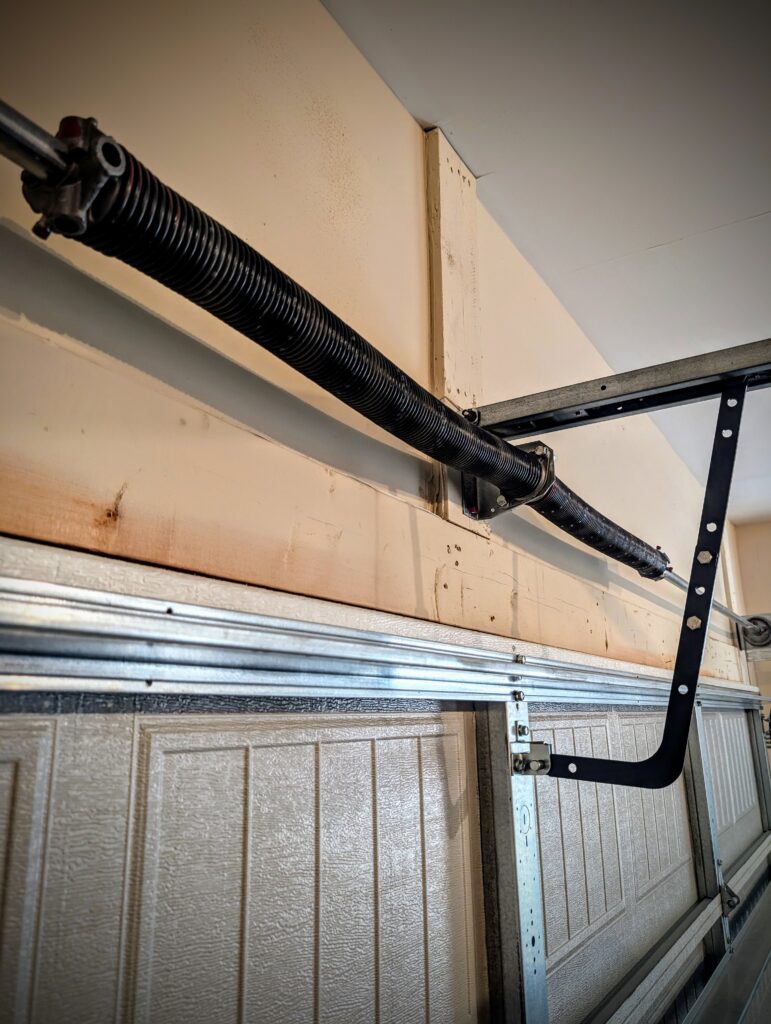Garage Door Won’t Close: Complete Troubleshooting Guide & Solutions
If your garage door won’t close, don’t panic. This guide provides a systematic approach to troubleshoot and resolve common issues, from simple obstructions to sensor problems and mechanical issues. Learn about DIY fixes, safety precautions, and when to call a professional for expert garage door repair service.
By: Jared Macarin | Published: April 8, 2025
Find Garage Door Repair Services
Get a fast & free quote | Schedule your service today
You’ve just got home from a long day of work and hit the button to close your garage door so you can enjoy the rest of your day. The garage door, however, won’t close. It’s not a fun feeling, and certainly a scream is justified, but take a deep breath.
There are myriad reasons – obstructions, broken sensors or switch issues among them – for why a garage door won’t close, and in this guide we’ll walk you through a process to identify the issue and take the appropriate action.
If you don’t feel comfortable with doing any of the steps below yourself, call Garage.com 24 hours a day, seven days a week to connect with a top-rated company that can come out, diagnose and fix any garage door issue you may encounter.
Quick Checks: The Most Common Reasons Your Garage Door Won’t Close
Before you turn to the professionals to deal with any complicated issues, there are a few steps you can take to try and fix the issue.
Obstruction Detection
There are sensors near the bottom of each side of the garage door. If those sensors detect an obstruction, the door will not close. Therefore, your first step is to make sure those sensors are clear and there are no leaves or debris on them that would cause them to halt the door’s movement.
Remote Control and Wall Switch Issues
Another easy do-it-yourself action to take, if there is no obstruction, is to check the garage door remote control and wall switch. Make sure the batteries are working and test their functionality. You can also use your garage door manual to reprogram the openers to make sure a connection was not disrupted.
Safety Sensor Problems: The #1 Cause of Garage Closing Failures
Safety sensors are placed on either side of the garage door, typically 2 to 6 inches above the ground. They are connected by an infrared beam and if that connection is disrupted in any way, it will cause your door not to close.
Diagnosing Misaligned Safety Sensors
If you’ve checked and found no obstructions in the way of the safety sensors on your garage door, the next step is to visually check that your sensors are aligned. One of the sensors should have an amber LED light, and that indicates it is the ‘sender’ sensor. The other sensor, known as the receiver, should have a green LED light. If the receiver does not have a green LED light, then the connection between the sensors is the issue.
Cleaning and Clearing Sensor Obstructions
If the sensor lights indicate there is an issue, there are two quick steps you can take to try and get the green light to return. The first is to clean the sensors, and the second is to check the alignment of the sensors.
To clean the sensor lens, simply take a microfiber cloth and gently clean the lens of the sensors to clear any dirt that could be the problem.
To check the alignment, make sure the wing nuts on the bracket of the sensor are not loose and causing the sensor to not be in line with the other. Tighten wing nuts as needed and see if that helps the green LED light to come on.
Track and Roller Issues Preventing Proper Closing
A garage door’s track and roller system is how the door moves, and over time issues can arise that will make its performance lag. It could be as simple as needing to be lubricated or debris being cleared away. Or it could be a bent track that requires replacement.
Most important for both of these concerns is schedule maintenance in the form of a garage door tune-up once or twice a year can help identify potential issues early and get them handled before they become a bigger deal.
Signs of Track Misalignment or Damage
If the track is misaligned or damaged, a clear sign of it would be if the garage door is jerky or wobbles as it opens or closes. The track could be damaged or warped over time or due to nature, or it could be loose. You can check this visually first before deciding how to proceed.
Roller Problems and Lubrication Needs
Rollers are essential as the guides along the track. They too, however, can become worn or broken over time and need repair. Just as with a track issue, wobbly or jerky movements as your garage door opens and closes are signs. You also can look into lubricating the rollers to ensure smooth movement.
Limit Switch and Travel Settings Adjustments
A limit switch, like its name suggests, is a component of the garage door that controls the amount of movement a garage door will travel during opening and closing.
Identifying Incorrect Travel Limits
If your garage door won’t close all the way to the ground, it might be because the close-limit switch is incorrect and needs adjustment. If that is the case, your door will continue closing prematurely as the switch tells the opener when to stop.
Step-by-Step Limit Switch Adjustment Process
If you would like, there is a way to adjust the limit switch on your own. Close the door as you normally would and, using a measuring tape, measure the amount of space – in inches – between the bottom of the door and the ground.
How you change the limit switch setting should be found in your manual, as they are not the same for all opener brands. However, most modern garage doors have a screw setting that can adjust the switch. Check your manual for any variance first, but for most screws one full rotation equals three inches of change. With a flathead screwdriver, turn the screw counterclockwise the right amount based on how far your garage door was off the ground.
Opener Motor and Drive Mechanism Issues
Automatic garage doors run on motors, and like all electronics, it’s possible for them to malfunction – especially in warm weather with extensive usage.
Signs of Motor Overheating and Overload Protection
Overheating of your garage door motor is more likely with overuse in extremely hot weather conditions. It is recommended to not use your garage more than once every 15 or 30 minutes in hot weather or the system will shut itself down to cool off. That is called thermal overload protection, and it kicks in to automatically shut off power in those situations. If that happens, just wait and let the garage door motor cool off for at least 30 minutes before you try to use it again.
Drive Belt, Chain, or Screw Mechanism Problems
Another possible issue with a garage door is the drive belt or chain being loose or broken. If it’s a newer chain and there is a slight sag in the line, it could be the tensioner needs a slight adjustment, which can be done with an open end wrench or pliers. If the sag is more pronounced, it could be a sprocket or trolley issue.
Weather-Related Closing Problems
Blame it on the rain … or the cold … or the heat. It’s possible one or all of them is impacting the performance of your garage door.
Cold Weather Impacts on Closing Mechanisms
Metal contracts in cold weather, so it’s possible your cables, springs or tracks could be affected by prolonged exposure to freezing or near-freezing temperatures.Parts can also freeze, and then your motor will strain trying to move the door with uncooperative components. Moisture can also freeze over the sensors, and it’s possible your weather stripping could be damaged by extreme cold that leads to a poor seal.
Hot Weather Impacts on Closing Mechanisms
While metal contracts in cold weather, it expands in warm weather. In doing so, it can throw your tracks, springs and rollers off-kilter and cause issues. Lubrication of components can also break down in hot weather and affect garage door performance.
Humidity and Moisture Effects on Door Components
Metal parts of your garage door can rust or corrode if exposed to too much moisture over time. Rust will cause your garage door components to deteriorate faster and possibly lead to a breakdown.
If you have a wooden garage door and it’s exposed to a lot of moisture, it could warp or swell and therefore not fit in the frame any longer. Moisture or humidity exposure can potentially short-circuit wires and other electrical components
Protecting Your Door Against Weather
There are a few steps you can take to help stave off potential weather concerns for your door. Insulating your garage door, checking the integrity of your weather stripping and regular garage door tune-ups are also helpful to maintaining the performance and longevity of your system.
Electrical and Wiring Troubleshooting
Electrical and wiring issues are something that can easily be visually inspected, but it’s understandable if you are wary of actually fixing the issue.
Checking for Loose or Damaged Wiring
Most modern garage doors have wires from the sensor that will run from the sides of the garage door and across the ceiling to the opener. You can investigate if the wires are still connected at each end and tighten them if you feel inclined.
Circuit Board and Logic Board Issues
The circuit board and logic board operate the garage door motor and its functions. If the wires all look okay, and no other issues can be seen, it’s possible the circuit and logic board are faulty.
Before you fix a circuit or logic board, if you choose to do so yourself, make sure to disconnect the power source to avoid a nasty shock.
Advanced Troubleshooting for Persistent Problems
Garage door issues can be as simple as an obstruction or could be vastly more complicated with multiple components needing repair/replacement. There is plenty you can do yourself before calling in the professionals to aid in anything you do not feel comfortable doing, or just prefer the peace of mind in having a certified technician making the fixes.
Process of Elimination Testing
Visual checks of obstructions, wiring issues or damaged components (rollers, tracks, etc.) is the first step you should take in diagnosing any issues. If those are clear, then you can move on to checking sensors and batteries. What you do next is up to you in terms of approaching repairs, but we recommend calling Garage.com to connect with highly rated companies to ensure the work is done right and warrantied.
Professional Diagnostic Tools and Their Uses
Professionals do use specialized tools to deal with all potential issues with a garage door. Whether it’s cable tension or spring torsion tools to track alignment tools, certified technicians have a large assortment of goodies at their disposal to deal with every issue. Having those tools is fundamental to the job.
When to Call a Professional Garage Door Technician
No home owner relishes calling a technician if there is a chance to complete the fixes themselves. This also depends on your comfort level of doing it yourself. While there are some garage door repairs that can easily be rectified by you, there are others you might want to leave to the professionals.
Issues That Require Professional Expertise
Broken springs or cables is absolutely something we recommend leaving to the professionals. These components deal with high tension and can be dangerous if you don’t know exactly what you are doing. The same can be said for off-track or uneven doors.
Choosing a Qualified Garage Door Repair Service
It is important you choose a reputable company for your garage door repair. You’ll want to ensure they are licensed and certified to do the work.
In working with a company, they should have no problem answering any and all questions you might have about your garage door and the right steps to take to fix any issues. They also should be transparent in how much the repairs will cost before they do any work.
Frequently Asked Questions About Garage Doors That Won’t Close

Get Your Free Quote and Schedule Your Garage Repair Today
Find top-rated companies for fast garage repairs and service to make sure your garage door system lasts. Get free quotes from garage door companies in your area.
Tips and Expert Advice for Your Garage
Stay informed with expert advice on garage door maintenance, garage door service, garage door replacement, and upgrades. Explore our blog for guides, troubleshooting tips, and more.

